Area code 747 spam alert: how to protect yourself
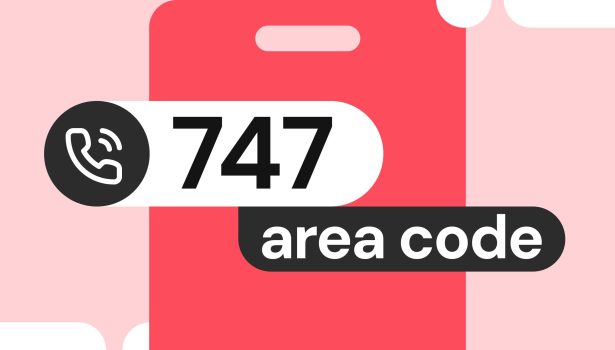
Wondering if that call from area code 747 is a real concern? You’re not alone. The increasing reports of spam and scam calls from the 747 area indicate that it’s a real growing problem. This article will arm you with the knowledge to spot the 747 area code spam and provide you with practical strategies to deal with it effectively.
- Area code 747 covers the San Fernando Valley in Los Angeles County. While it’s a legit code used by businesses and individuals, it’s also increasingly used by spammers.
- Not all communications with the 747 code actually come from the area: scammers utilize VoIP technology to disguise their true location and appear as if they are originating from the San Fernando Valley.
- If you receive unsolicited calls from area code 747, exercise caution; don’t pick up, research the number, and don’t provide any personal or financial information, even if pressured.
Where is area code 747?
The 747 area code covers the San Fernando Valley region within Los Angeles County in California. The code has been operational since its inception in 2009 and exists along with the 818 code under the Pacific Time Zone. It was introduced in response to the growing need for more phone numbers within the same zone already covered by area code 818.
Within the 747 area are several cities, including Burbank, Glendale, North Hollywood, Canoga Park, Reseda, and Encino.
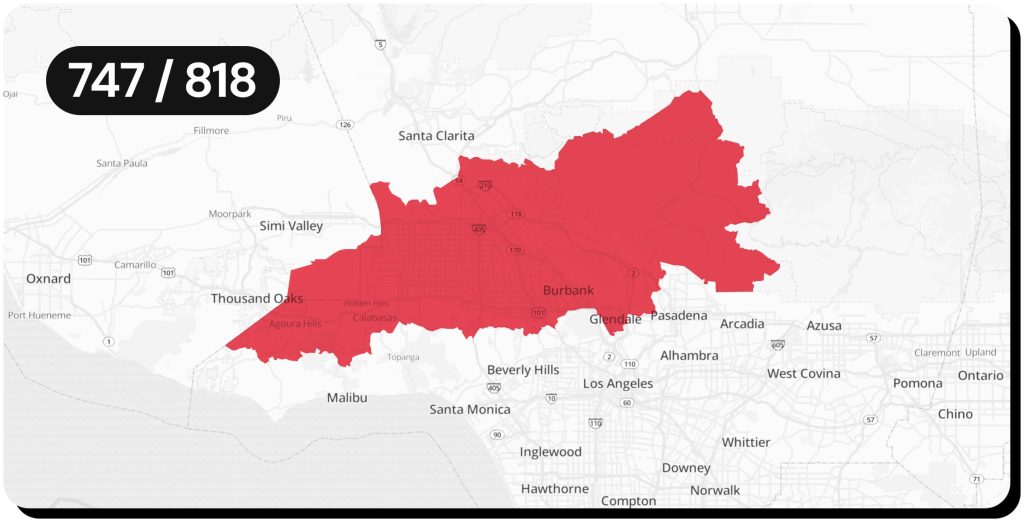
How to identify and avoid spam from area code 747?
The 747 area code serves legitimate businesses and individuals, and incoming calls or text messages from this area shouldn’t automatically be considered spam. Initiating self-protection measures is key to differentiating authentic communications and confronting possible spam attacks.
The general rule of thumb is to be cautious with incoming communications from numbers you don’t recognize, especially if they come from area codes unfamiliar to you. Common indicators of potential phone scam attacks include:
- A generic or ambiguous name shown on the caller ID
- Hearing a synthetic or prerecorded message upon answering
- Being asked for private or financial details, money, passwords, codes, and other sensitive data
- The caller using high-pressure tactics and demanding immediate action or payment
- Offers that are too good to be true
- Wins (e.g. lottery) and free prizes received without your participation
- Unusual or urgent requests from people you know (can be just AI-generated audio)
While the listed red flags can help you spot a scam attack once you get a call, there are measures you can take to decrease the amount of spam communications you receive in general. As with any problem, the best cure is prevention. Here’s what you can do to prevent spam phone attacks:
- Utilize call screening services provided by your device and mobile carrier: These can significantly assist in warding off unsolicited calls and text messages.
- Add your telephone number to the National Do Not Call Registry: This will decrease the frequency of marketing spam communications. However, persistent spammers and scammers are likely to disregard this list and continue calling you.
- Install a reliable app designed to block unwanted callers and alert you about scams: Such include Truecaller, Robokiller, and Nomorobo.
- Allow unsolicited calls to redirect straightaway into voicemail: Should there be legitimate importance, the caller will most likely leave a voice message or use other means of communication to reach you.
- Likewise, don’t return missed calls from unknown numbers: Do your research and investigate the number instead.
- Keep your phone number and other personal data private: The most effective way to prevent spam communications is to keep your telephone number out of spammers’ reach in the first place. For that, delete your personal details from data brokers, set your social media accounts to private, never disclose your phone number in online forms and surveys, and keep your personal information private in general.
It’s also important to familiarize yourself with the most common scam techniques out there so that you can easily spot them and avoid falling prey:
- An infamous “one ring scam” happens when scammers dial your number, let it ring once, and then disconnect with the goal of you calling them back. If you do, you are likely to be charged for the call.
- In an IRS scam scenario, you’ll receive a call or text message from fraudsters claiming to be agents of the Internal Revenue Service who demand immediate payment under false pretenses of unpaid taxes, problems with your accounts, or any other issues. Scammers usually threaten legal consequences should you not comply with their demands.
- During tech support scams, fraudsters pose as representatives of technology companies asserting that there’s a virus detected on your computer or there’s some technical issue they can resolve for a fee.
- In an SSN scheme, fraudsters pretend to be from the Social Security Administration (SSA) and claim your Social Security number (SSN) has been suspended due to suspicious activity. The common goal is to make you “confirm” your SSN to reactivate it, thus exposing it to scammers.
- In rapidly growing AI scams, you’re called by a friend or relative who is in danger or urgent need. However, it’s not actually them calling you, it’s scammers using AI to imitate their voice.
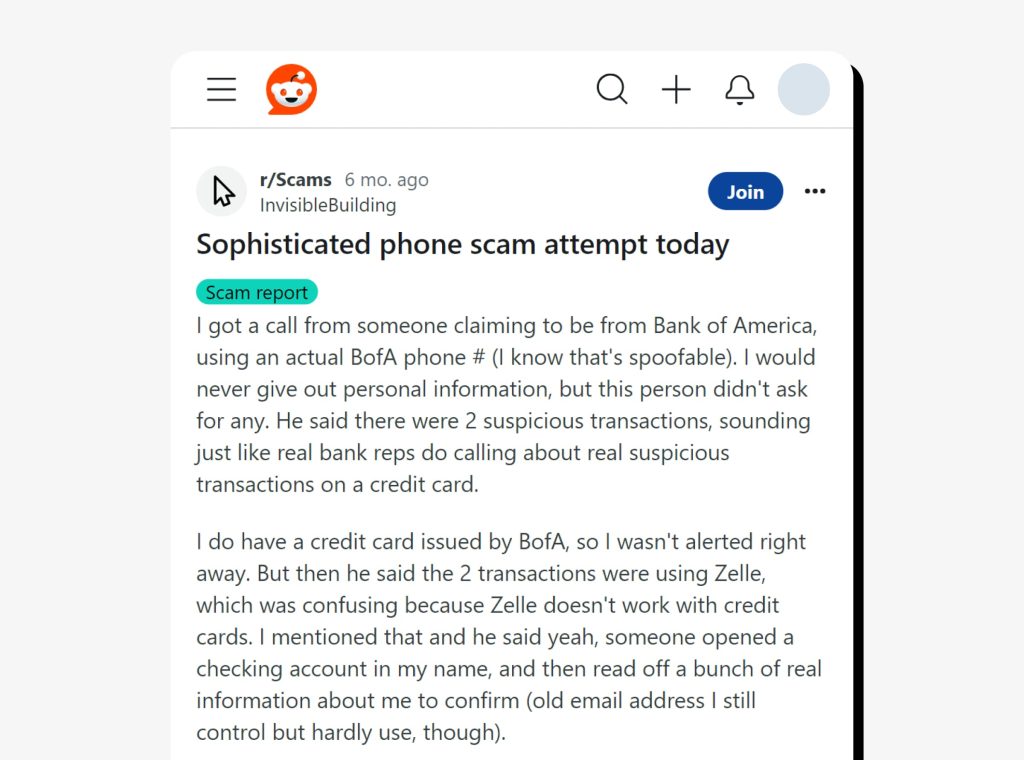
It’s essential to exercise caution and remain informed about these deceptive practices when encountering unknown callers. Staying alert and remaining vigilant about red flags equips you better against falling prey to fraudulent schemes.
Most reported spam numbers in area code 747
Even though spammers use a variety of numbers to carry out their attacks, certain ones come up more frequently than others.
Here are several phone numbers recently reported to the FTC as robocalls or spam. Note that these came in consumer complaint reports and are not flagged as scams by the FTC itself.
- 747-465-4691
- 747-298-4435
- 747-270-5658
- 747-323-3660
- 747-488-0002
Here are the numbers recently reported as spam or scam on various reverse phone lookup sites:
- 747-282-2166
- 747-998-0136
- 747-323-3645
- 747-318-2655
- 747-201-2589
These numbers have been reported for engaging in various fraudulent activities including IRS impersonation schemes, sham tech support offers, and phishing attempts.
What to do if you respond to a call from area code 747
If you respond to a phone call from the 747 area but suspect it’s spam, the safest course of action is not to interact with the caller and hang up. Remember that scammers may record your conversation and use your voice in their schemes later. Avoid any interactions altogether and, specifically, answering “yes” to any inquiries.
If they claim to be from a recognized institution or governmental body, verify their identity: contact the entity via their official communication channels and check whether the issue is legit.
Be aware of common scam tactics. These often rely on some urgent matter and demand quick action — like suggesting there’s something wrong with your bank account or your relative is in danger. Remember that legit businesses do not ask for money transfers or sensitive information over the phone.
Likewise, be suspicious of offers that sound too good to be true – such are likely to be scams. The usual claim is that you need to provide your personal details or transfer money in order to receive a prize.
In case you realize that the call or text message is a scam, block the phone number. You can go one step further and report it to your phone carrier so that they investigate the issue and protect other customers.
Should you fall prey to a scam attempt via telephone, it’s important to report the fraudulent number to the Federal Trade Commission (FTC) and other relevant entities. The FTC compiles reports in efforts to track and combat fraud, and your case may help protect someone else.
Where are 747 area code calls coming from?
The San Fernando Valley region of Los Angeles County is served by the 747 code. This includes various cities and communities such as Burbank, Glendale, North Hollywood, Sherman Oaks, Studio City, Tarzana, Van Nuys, and Woodland Hills.
However, it’s important to note that receiving a call or text message from the 747 area doesn’t confirm the caller’s physical presence in that location. Scammers are increasingly using Voice over Internet Protocol (VoIP) technologies that allow them to conceal their actual whereabouts. This technique enables them to initiate a call via the Internet, thus imitating any desired country code, regardless of where they truly are situated globally.
As a result, it’s imperative you remain vigilant while interacting with unknown callers, carefully scrutinizing incoming communication despite seemingly coming from familiar area codes.
FAQs
Where is the 747 area code?
The 747 code covers the San Fernando Valley in Los Angeles County. It was introduced in 2009 to meet the escalating need for more phone numbers within the same geographical space managed by area code 818.
Should I answer calls from area code 747?
Overall, calls from the 747 area shouldn’t automatically be considered spam. However, you must always exercise caution when receiving unsolicited communication from unknown numbers.
How do I block calls from area code 747?
To prevent receiving communications from particular area codes, consider utilizing call-blocking applications or the blocking services offered by your phone service provider.
What happens if I answer a scam call?
In case you pick up a scam call, fraudsters will attempt to trick you into disclosing your credit card number, bank account details, passwords, security codes, and other sensitive data, or push for payments. Common techniques include impersonating trusted companies, impersonating your friends and relatives with the help of AI, and claiming there are problems with your accounts and devices.
Where can I report a scam call?
You can report scam calls and text scams to the FTC and your service provider. If a trusted entity was impersonated, you should inform them as well.

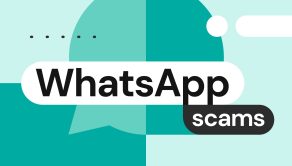
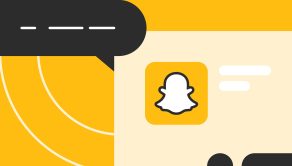
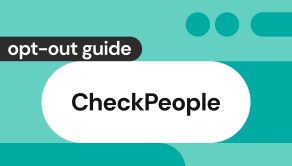
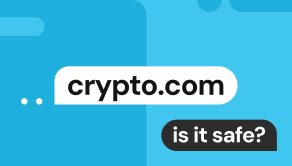
Mark comes from a strong background in the identity theft protection and consumer credit world, having spent 4 years at Experian, including working on FreeCreditReport and ProtectMyID. He is frequently featured on various media outlets, including MarketWatch, Yahoo News, WTVC, CBS News, and others.